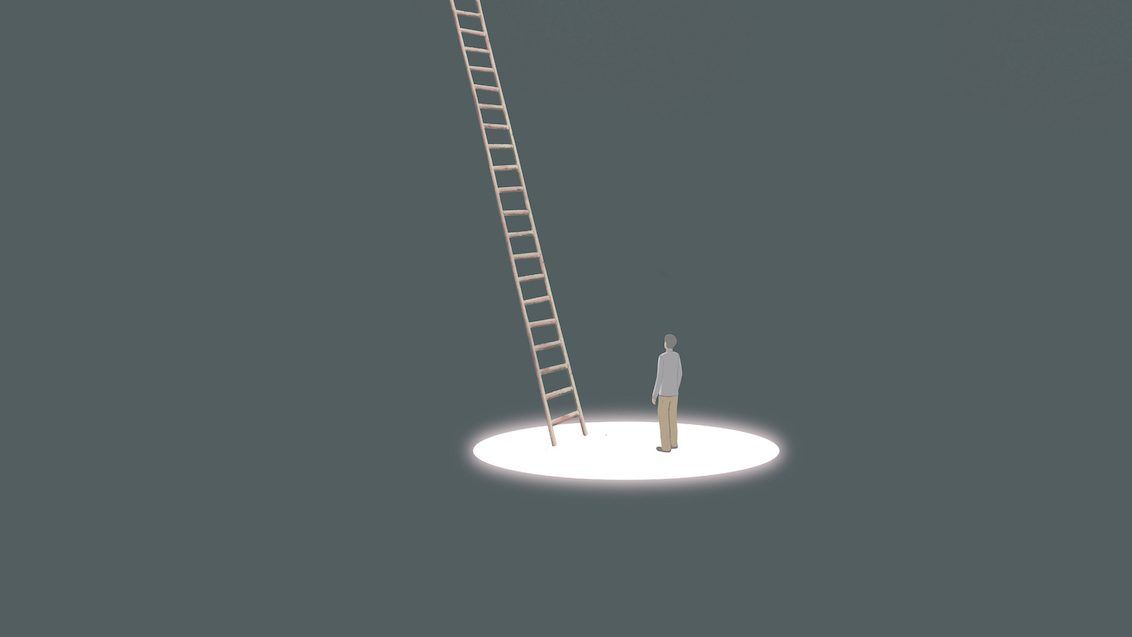i went to the doctor in january, once i saw the bleeding. they thought it was internal hemorrhoids, which is very common for a younger person going in with that type of symptom. at first, nothing resolved within a couple of weeks. i went back and then i was referred to a gastroenterologist, but it took about five months to get the appointment.
what was that like, knowing that something is clearly wrong but then having to wait five months for an appointment?
it was horrible. you’re just waiting, and the symptoms are getting worse and worse.
once you got to the gastroenterologist, what was the testing like?
i was scheduled for a sigmoidoscopy that day. typically, you would be scheduled for a consult first, but because i was having bleeding they just went straight to the sigmoidoscopy. i was diagnosed on the spot.
[the gastroenterologist] took biopsies of it, but she sat me down after the sigmoidoscopy and she said, ‘i know what i’m looking at and it’s definitely cancerous.’
what is a sigmoidoscopy like?
for a colonoscopy, they’re going through the whole colon, so there’s prep and you get sedated. but for a sigmoidoscopy, they’re just doing the sigmoid colon, which is just the bottom portion. there’s no prep and it’s not comfortable, but you can handle it without sedation. you’re completely awake.
 7 minute read
7 minute read










